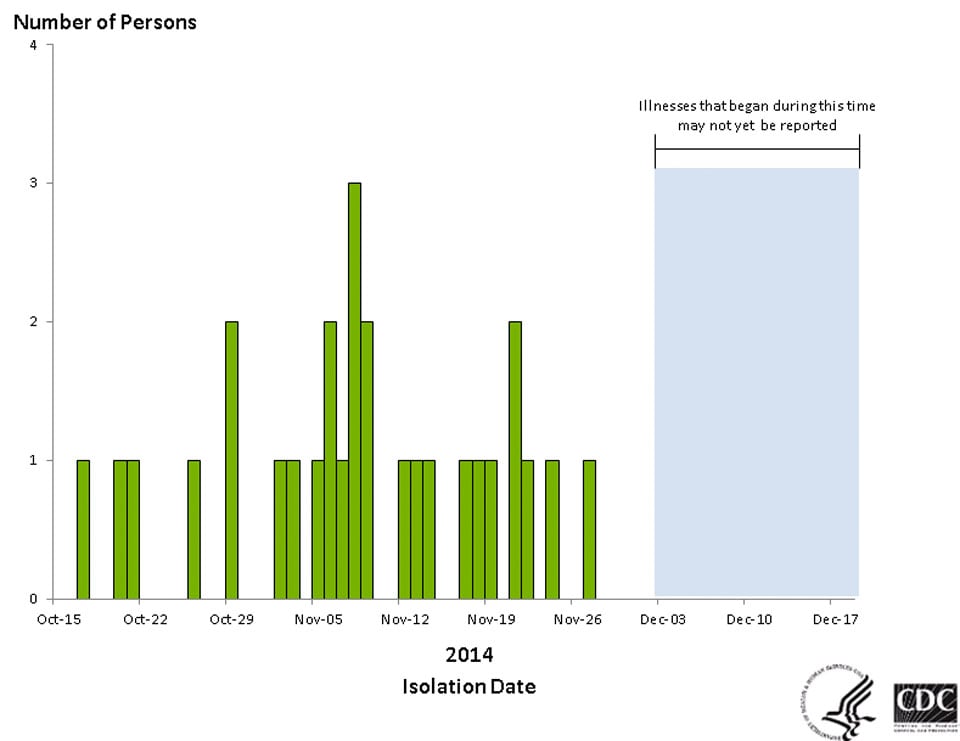My monthly, first Sunday, food matters column for the San Francisco Chronicle:
Q: I read that the new farm bill is going to establish a checkoff program for organics. What’s that? Is this good for organics?
A: As with everything in food politics, the answer depends on who you are. If you are a big producer of organic foods, it’s good news. If you are small, it may cost you more than it’s worth. And if all you want is to buy organic foods at a price you can afford, it could go either way.
Let’s start with the farm bill, which still has many hurdles to jump before it gets passed. The bill ties agricultural policy to food stamps (which take up 80 percent of the budget), favors large industrial farms over small, and only occasionally tosses in a token program to promote public health or environmental protection.
One such token is the organic checkoff. Both the Senate and House have amended the farm bill to permit organic producers and handlers to form a marketing and promotion program, commonly known as a checkoff.
Fee required
The way this works is that if the amendments survive, the bill passes and organic growers agree on the program – all iffy at the moment – the Department of Agriculture will require every producer and handler of certified organic foods to pay a fee per unit sale (the checkoff). The fees go into a common fund to be used for research and marketing of organic foods in general.
The USDA currently administers 19 checkoff programs. The best known are beef (“it’s what’s for dinner”), milk (“got milk?”) and eggs (“the incredible edible”). Others cover foods such as blueberries, Hass avocados, mangos, peanuts, popcorn and watermelon.
In these cases, the industry or its representatives voted for the programs. They are administered by the USDA but the industry pays for them.
Checkoff funds are allowed to be used for advertising, consumer education, foreign market development and research. They cannot be used for lobbying, although the distinction between promoting a product to consumers and extolling its virtues to lawmakers can be subtle.
The Organic Trade Association, which represents hundreds of organic producers but is dominated by the big ones, has lobbied for this program since 2010. The association is concerned that consumers cannot currently tell the difference between “natural,” a term that is unregulated, and “certified organic,” which is highly regulated, requires inspection and is more expensive to produce.
Mostly, the association wants to increase market share. Sales of organic foods in the United States have been growing by about 10 percent annually and reached $35 billion last year, but this amount is minuscule in comparison to total food sales. The growth potential of organic foods is enormous.
The congressional go-ahead is a triumph for the association, which convinced a majority of the Senate and House that the public wants the farm bill to support organics.
Opposing viewpoint
That many producers of conventional foods and their friends in Congress do not like organics is an understatement. They resent that consumers are willing to pay premium prices for organics. They consider organics to be a slap in the face – a personal assault on conventional agricultural practices.
They cite many reasons why the organic checkoff should not be allowed. For one thing, it is distinctly different from all other commodity checkoff programs – “organic” is a production process, not a food.
Because farmers are allowed to pay fees into only one checkoff program, the growers of organic blueberries would have to choose between the one for organics and the one for blueberries.
Questioning the cost
Critics of the entire concept of checkoff programs say all they do is increase food prices by passing the costs of promotion on to consumers.
Small organic producers and handlers are also leery. They object to having to pay fees for something that is not guaranteed to do them any good. Evidence for the benefits of checkoff programs is mixed. Some farmers benefit, while others do not.
And because checkoff funds are not allowed to be used for advertising that implies disparagement of other foods or production processes, small organic producers fear that marketing will focus exclusively on whether or not a product is certified and will be used to promote any organic product, including junk food. The rules will not allow promotion to focus on the benefits of organics to health or the environment.
Checkoffs are about marketing. They are not about health, sustainability, human welfare or any other value cherished by today’s food movement. Much as I favor organic over conventional production methods, I’m hoping organic producers will think carefully before approving a checkoff.


